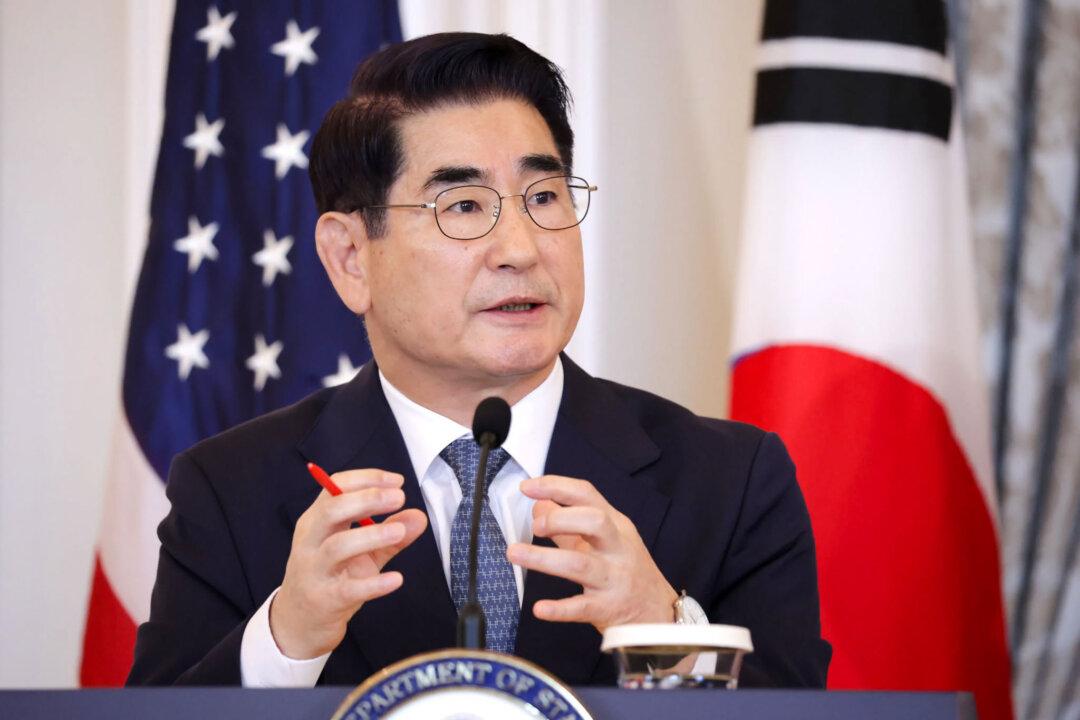Former South Korean Defense Minister Kim Yong-hyun, who is accused of leading President Yoon Suk Yeol’s short-lived martial law declaration, attempted suicide while in detention, the country’s Ministry of Justice stated on Dec. 10.
Kim attempted suicide using a shirt and underwear while at a detention center in Seoul, South Korea, according to the ministry. His life is not currently in danger, it stated.




